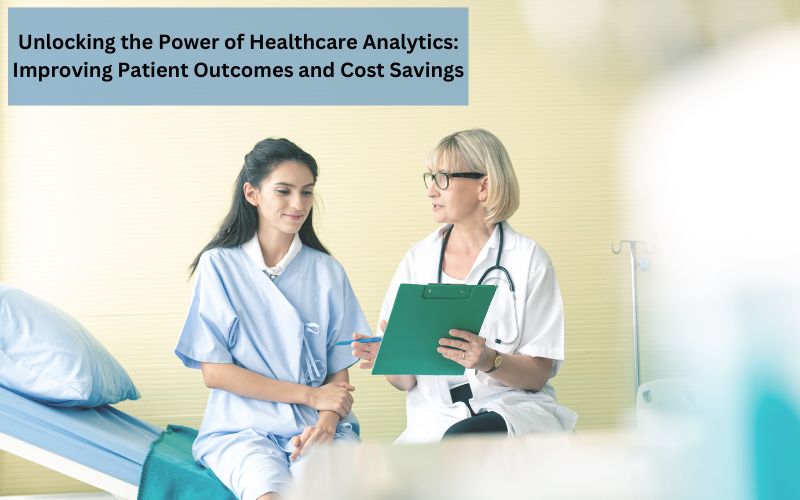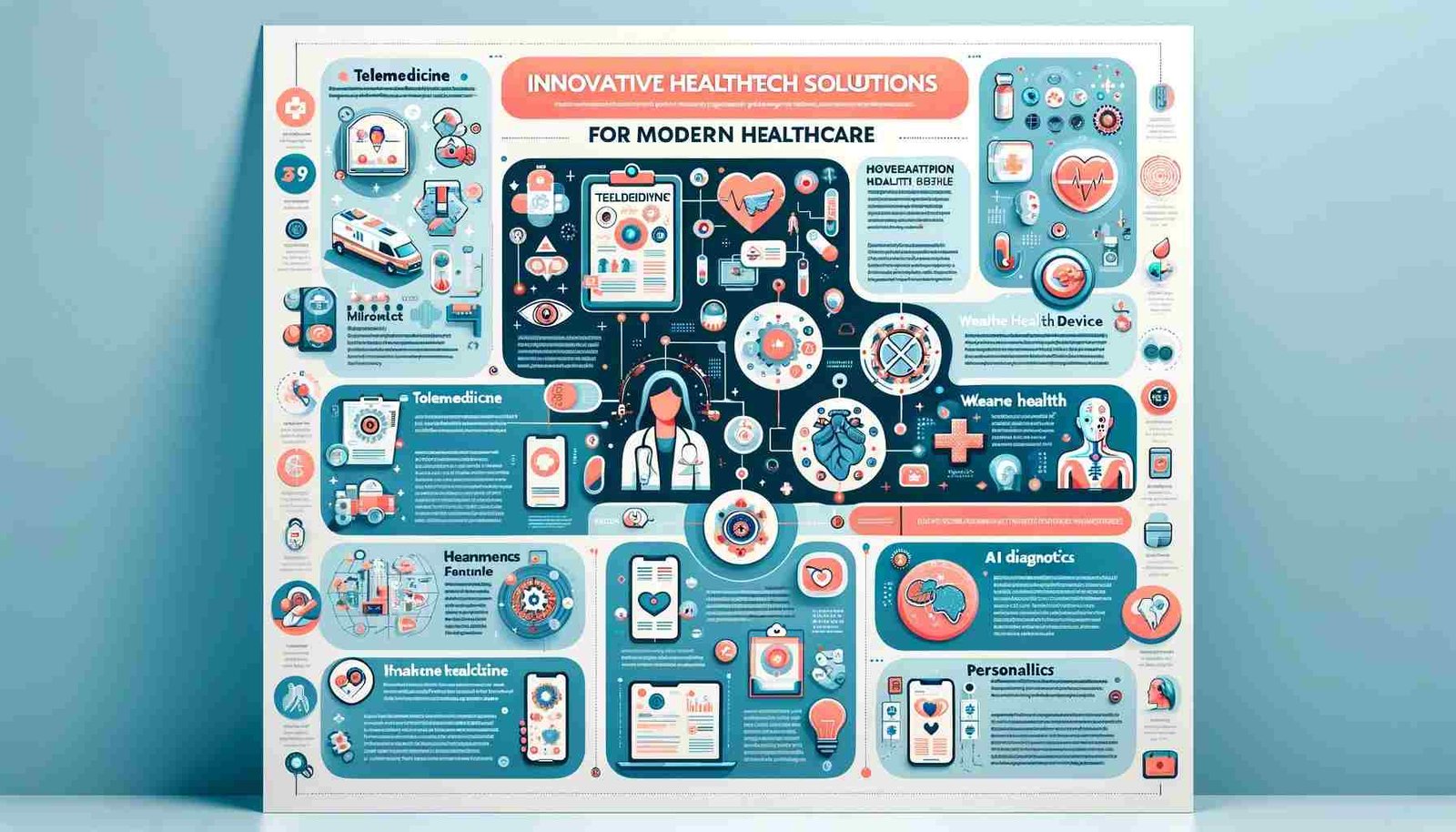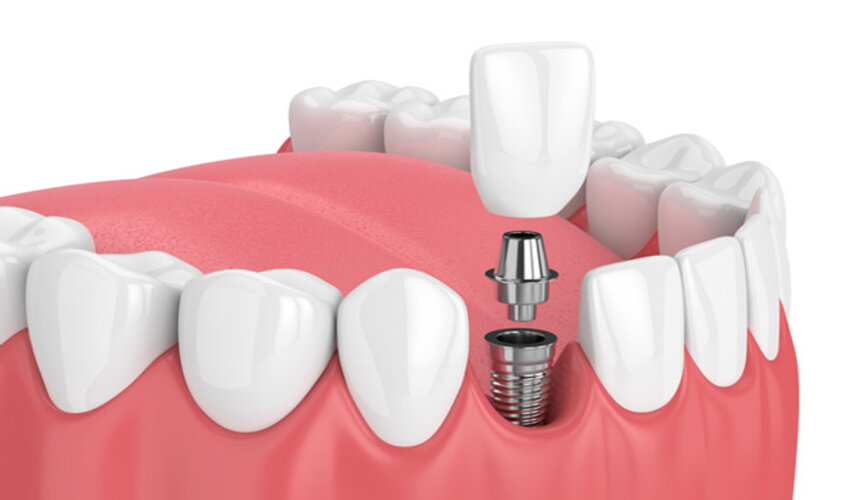Introduction
Healthcare analytics is the process of using data and analytics to improve clinical and business outcomes in the healthcare industry. It involves the collection, analysis, and interpretation of large amounts of data to gain insights that drive improved decision-making, patient outcomes, and operational efficiency. In this blog, we will explore the importance of healthcare analytics, its types, and benefits, as well as the challenges and future of this rapidly growing field.
Overview of Healthcare Analytics
Healthcare analytics refers to the use of data, statistical algorithms, and machine learning techniques to gain insights and drive decision making. It can be broken down into three main types: descriptive analytics, predictive analytics, and prescriptive analytics.
- Descriptive analytics is the process of summarizing and understanding the characteristics of data. This type of analytics is often used to answer questions like “What happened?” and “What is happening?”
- Predictive analytics uses historical data and statistical algorithms to predict future events. This type of analytics is often used to answer questions like “What is likely to happen in the future?”
- Prescriptive analytics involves using advanced mathematical algorithms to determine the best course of action. This type of analytics is often used to answer questions like “What should we do?”
Healthcare Analytics Market Scenario
According to a latest study by Emergen Research, the global healthcare analytics market size was USD 21.10 Billion in 2021 and is expected to reach USD 158.90 Billion in 2030 registering a CAGR of 25.4%. The healthcare analytics market is driven by several factors, including:
- Increased demand for data-driven decision making: Healthcare organizations are looking to leverage data and analytics to drive better decision making and improve patient outcomes, leading to increased demand for healthcare analytics solutions.
- Advancements in technology: The growth of big data, cloud computing, and artificial intelligence technologies is driving innovation in the healthcare analytics market and enabling organizations to more effectively collect, store, and analyze large amounts of data.
- Government incentives and mandates: Government programs and initiatives, such as the Affordable Care Act and the push for interoperable electronic health records, are driving demand for healthcare analytics solutions.
- Growing focus on population health management: With an increasing focus on managing population health, healthcare organizations are looking to leverage data and analytics to better understand and improve the health of specific populations.
- Growing interest in value-based care: The shift towards value-based care, which aims to improve patient outcomes while reducing costs, is driving demand for healthcare analytics solutions that can support this approach.
- Growing availability of data: With the increasing use of electronic health records and other digital tools, the amount of healthcare data available for analysis is growing, driving demand for healthcare analytics solutions that can process and make sense of this data.
Healthcare Data Sources
Healthcare data can come from a variety of sources, including electronic health records (EHRs), claims data, patient-generated data, and more. The challenge with healthcare data is that it is often fragmented, inconsistent, and difficult to access. This can make it difficult for healthcare organizations to effectively use analytics to drive decision making.
Healthcare Analytics Techniques
Healthcare analytics techniques can be used to identify trends, relationships, and patterns in data. Some common techniques include regression analysis, decision trees, and machine learning algorithms. These techniques can help healthcare organizations make informed decisions about patient care, resource allocation, and more.
Benefits of Healthcare Analytics
Healthcare analytics offers numerous benefits to healthcare organizations, including:
- Improved patient outcomes: By using data to identify trends and patterns in patient behavior, healthcare organizations can make more informed decisions about patient care, leading to improved patient outcomes.
- Increased operational efficiency: By using data to identify areas for improvement in processes and operations, healthcare organizations can optimize their operations, leading to increased efficiency and cost savings.
- Better decision making: By using data to inform decision making, healthcare organizations can make more informed and effective decisions, leading to improved outcomes and increased efficiency.
- Cost savings: By using data to identify areas for improvement in processes and operations, healthcare organizations can optimize their operations and reduce waste, leading to cost savings.
Challenges in Implementing Healthcare Analytics
Despite the numerous benefits of healthcare analytics, there are also challenges that healthcare organizations must overcome in order to effectively implement analytics in their operations. Some of these challenges include:
- Data privacy and security: With the increasing amount of sensitive healthcare data being generated, it is critical that healthcare organizations have robust privacy and security measures in place to protect this data.
- Integration with existing systems: In order to effectively use analytics, healthcare organizations must be able to integrate data from multiple sources into a single, unified platform. This can be challenging, as many healthcare organizations have legacy systems in place that are difficult to integrate with new technologies.
- Data quality and accuracy: In order for analytics to be effective, the data must be of high quality and accuracy. This can be challenging, as healthcare data is often fragmented and inconsistent, making it difficult to obtain accurate and consistent results.
- Lack of skills and expertise: Healthcare organizations often lack the skills and expertise necessary to effectively implement analytics. This can be overcome by hiring skilled data analysts or investing in training programs for existing staff.
Future of Healthcare Analytics
The future of healthcare analytics is bright, with new technologies and advancements in data science providing new opportunities to improve healthcare outcomes. Some of the key trends and innovations in this field include:
- Artificial intelligence and machine learning: As AI and machine learning algorithms continue to advance, they will play an increasingly important role in healthcare analytics, enabling healthcare organizations to gain insights and make decisions at an unprecedented scale.
- Real-time data analytics: With the increasing use of wearable devices and other technologies that collect real-time data on patients, healthcare organizations will be able to gain real-time insights into patient behavior, enabling them to make more informed decisions about patient care.
- Interoperability: As healthcare organizations continue to invest in EHRs and other data systems, the need for interoperability between these systems will become increasingly important, enabling healthcare organizations to access a complete and unified view of patient data.
- Increased focus on patient-generated data: As patients become more involved in their own care and the use of patient-generated data continues to increase, healthcare organizations will need to find new ways to integrate this data into their analytics processes, enabling them to make more informed decisions about patient care.
Conclusion
Healthcare analytics is a rapidly growing field that offers numerous benefits to healthcare organizations, including improved patient outcomes, increased operational efficiency, better decision making, and cost savings. While there are challenges to implementing healthcare analytics, advances in technology and data science will continue to drive innovation in this field, providing new opportunities to improve healthcare outcomes. By investing in the right data tools and personnel, healthcare organizations can harness the power of analytics to drive better outcomes and improved patient care.

















Leave a Reply